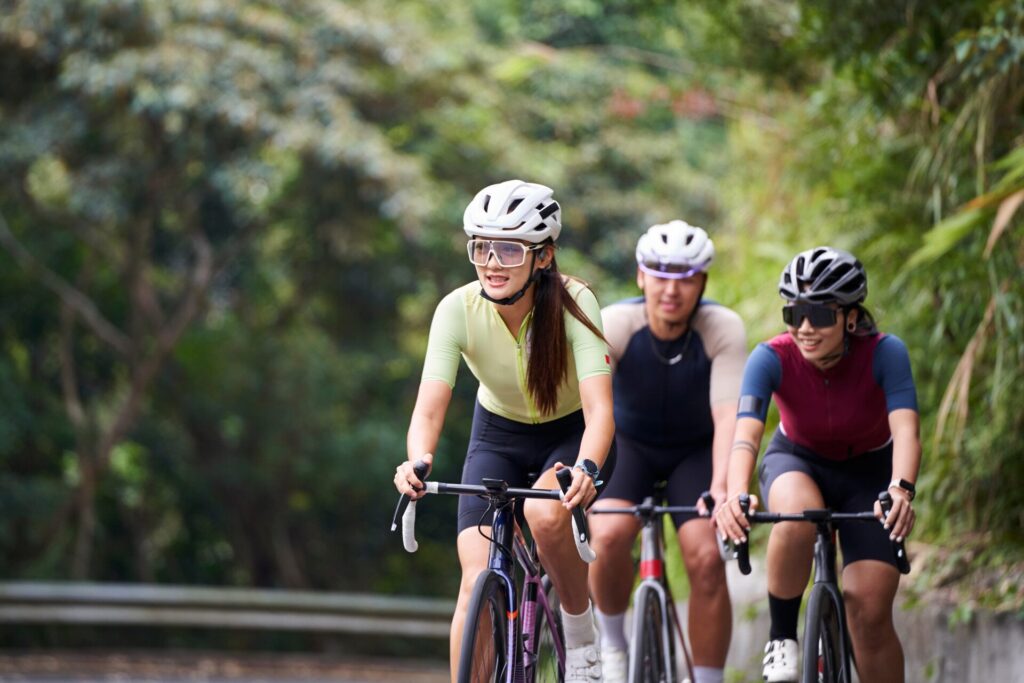IELTS Sports and Leisure – Professional Sport, Role Models
The topic IELTS Sports and Leisure is a frequent theme in the Speaking test. In Thailand, many candidates have reported being asked questions about fitness routines, professional sport, and whether athletes make good role models. Examiners use these topics to test your ability to express opinions, compare ideas, and provide examples using precise vocabulary.
Common IELTS Sports and Leisure Questions
Students often face questions such as:
-
Do you enjoy sport or physical activity?
-
What sports did you play at school?
-
How do you keep fit?
-
Why is fitness important for young people?
-
Should professional athletes be considered role models?
-
What are the advantages and disadvantages of professional sport?
-
How has the interest in fitness changed over time in your country?
These open-ended questions encourage extended answers and demonstrate fluency and coherence.
Vocabulary to Use
A strong vocabulary is essential for this topic. Useful words and phrases include:
-
Athlete / professional athlete – someone who competes in sport
-
Fitness / stamina / endurance – terms linked to health and exercise
-
Role model – a person admired and copied by others
-
Sportsmanship / perseverance / discipline – qualities developed through sport
-
Competition / tournament / championship – organised events
-
Leisure activities / recreational sport – done for enjoyment rather than professionally
Using topic-specific vocabulary naturally in your answers will improve your score.
Practise with official IELTS Speaking practice tests from the British Council to familiarise yourself with the format and question style.
7 Tips for IELTS Sports and Leisure
Here are seven practical tips to help you succeed when discussing IELTS Sports and Leisure:
-
Learn topic-specific vocabulary
Master words like endurance, perseverance, fitness routine, and role model. Using precise vocabulary boosts your lexical resource score. -
Practise common questions
Work on questions such as “How do you keep fit?” or “What are the advantages of professional sport?” multiple times with different examples. -
Give personal examples
Instead of saying “I like football,” explain when you play, who you play with, and how it benefits your health. This makes answers authentic. -
Compare and contrast
Show higher-level thinking by comparing professional vs recreational sport, or fitness routines now vs in the past. -
Structure your answers
Use linking words like to begin with, moreover, however, and finally. Structured answers are easier for examiners to follow. -
Discuss role models critically
Give balanced answers when asked about athletes as role models. Mention both positives (inspiration, discipline) and negatives (bad behaviour, pressure). -
Use official preparation resources
Practise with official British Council materials, and review our Exam Mastery brochure and the application form to plan your study pathway.
Why Sports and Leisure Matter for IELTS
Another reason the topic of IELTS Sports and Leisure appears so often is because it connects to everyday life and society. Sport is more than just a hobby; it teaches teamwork, discipline, and perseverance — qualities examiners want you to talk about in detail. Leisure is also important because it reflects lifestyle changes in modern society. For example, many Thai students say they are asked to compare how people used to exercise in the past with how gyms and fitness apps are popular today. By preparing for this topic, you not only improve your IELTS performance but also learn to discuss issues that matter in real life.
If you want to see how our courses prepare you for this theme, check out our dedicated page on IELTS Exam Mastery: Tips & Strategies. It shows how we structure lessons, provide real practice, and build vocabulary for success.
Final Thoughts
The topic of IELTS Sports and Leisure gives you a great opportunity to demonstrate fluency, vocabulary, and critical thinking. By learning the right expressions, practising real questions, and applying the seven tips above, you’ll be well prepared to handle any question about fitness, professional sport, or role models.
Preparation is not about memorising answers but about building the skills to speak naturally, support your ideas, and show structured thinking.
Check out our Exam Mastery brochure and complete the application form today to start your IELTS journey with confidence.







